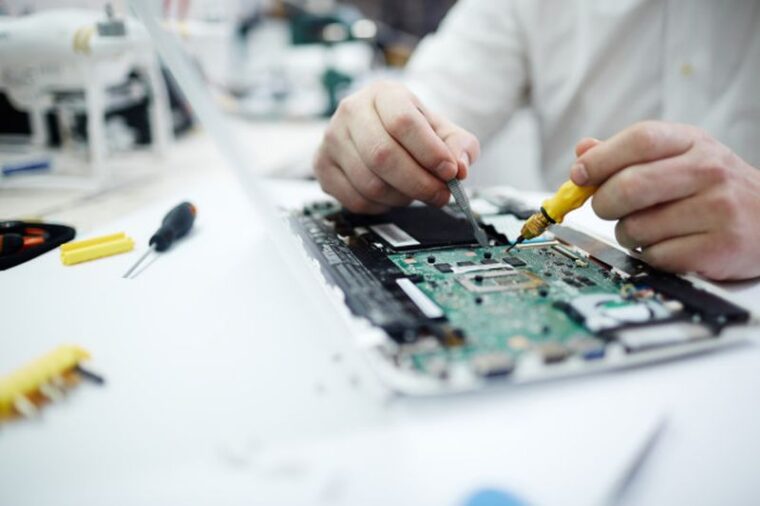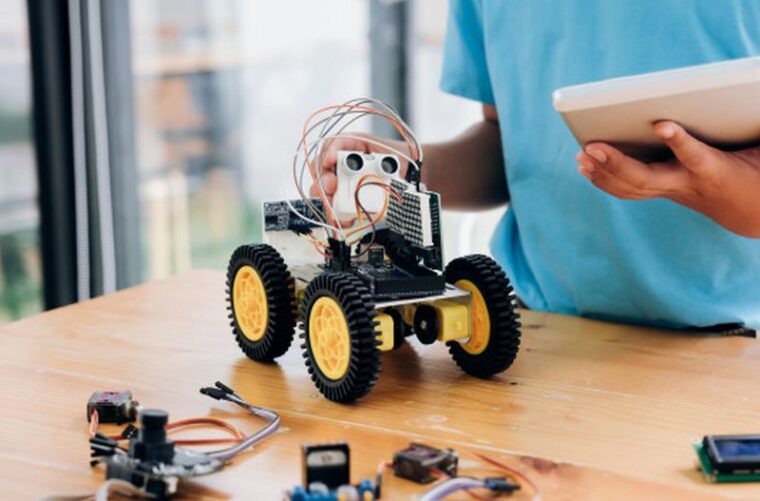If you’re thinking about starting a career as an inventor, you should know that it could be completely daunting and stressful. After all, you’ll be entering the invention industry with limited knowledge, which means that you could easily make some mistakes that could overwhelm you and cause you to be discouraged.
This is one of the reasons why you might be wondering – what are the most common mistakes made by new inventors and what could I do to avoid making them? Fortunately for all rookie inventors out there, this article has got your back! Let’s take a closer look at the mistakes you should avoid making:

-
Forgetting to Research The Market
If there is something that all rookie inventors learn the hard way, it’s the fact that they don’t do enough research. Properly researching your invention idea is the most important thing you could do, especially since you’ll want to know whether or not there is a similar product offered on the market.
Trust me, you don’t want to spend your funds, effort, and time on developing an item that is already out there or even worse, if you discover that there is an item that is better at solving certain issues than yours. Hence, if you want to ensure that your product is new, creative, and not plagiarized, you must do some digging.
Doing this won’t only guarantee that you’ll have a unique invention, but, it will also help you with a better understanding of how you can advertise your innovation, how it sells at the moment, as well as what the demand for it is. Keep in mind, research is there is assist you and provide you with useful insights, hence, never skip it.
-
Asking Friends And Family For Reviews

Yes, it seems quite logical that you would want your family members and friends to test prototypes of your invention, however, although it seems like a good idea, it’s actually not. Why? Well, even if the ones closest to you are honest about what they think, they’re too involved in order to be entirely unbiased.
This is why it might be better for you to find individuals who don’t know you personally, and ask them to test, rate, and provide feedback on your idea. It’ll be hard to hear some of the comments, nonetheless, it is something that will help you with improving your product.
You should know that there are various companies that could assist you with the entire process of inventing something new.
Visit https://azbigmedia.com/business/why-new-inventors-turn-to-inventhelp-for-support/ for additional information.
-
Setting Unrealistic Goals And Having High Expectations
Nowadays, every single person wants to become successful immediately. However, this prompts people to set unrealistic goals and to have high expectations, which can lead to a lot of disappointments later on. Every company out there started small – including some famous corporations such as Apple and Microsoft – which is why you should choose to start small as well.
Inventing something new will be time-consuming and it’ll require your full attention, so, instead, of setting some big and unrealistic objectives, set smaller ones as well. By reaching some of your smaller goals, you’ll be able to ensure that you stay motivated until you can reach those larger dreams.
-
Waiting For Funds to Magically Appear

Everyone would be an inventor if it worked that way. Waiting for funds to magically appear out of nowhere is a waste of time, especially since you’ll need the funds to develop, create, and distribute your product. This is one of the reasons why you need to plan the entire process carefully and logically.
Creating something new without the necessary funds will end up being a bad decision and it could entirely destroy your invention process. Hence, before you actually move on to creating prototypes and testing them, you need to secure a solid investment for yourself before the development process begins.
-
Forgetting to Continue Learning
If there is one single thing that you should take away from this article, it’s the fact that you should never stop learning about your business and the entire invention industry, especially since this could lead to failure. This is why you need to ensure that you never stop learning about new things, tools, and equipment that you could utilize.
Additionally, gaining experience in the field is crucial and sometimes, failure could help you realize what you are doing wrong. So, instead of feeling like giving up, you should learn from your mistakes, and work on improving your innovation and/or product. Never feel discouraged if something doesn’t work out, it just means that it needs improving.
-
Only Focusing on One Thing

A lot of people think that coming up with an idea is enough to succeed, however, this is not entirely true. As we mentioned, inventing a new product will take a lot of time, effort, funds, and willpower, which is why you should not focus on one idea and ignore all the others you have.
Some of the most successful inventors never had only one idea, they have had thousands of them, and they all experienced failure in one way or another during their careers. So, if you want to become an expert at what you do, do not only focus on one thing but also focus on the larger picture.
Additionally, you should never expect everything to happen overnight, especially if you want to be an inventor. Once you create your first prototype, don’t stop there. Instead, listen to all the feedback you receive and start working on improving your product in order to meet the needs of the market.
Conclusion
Becoming a successful inventor will take time, effort, and a lot of willpower, especially if you start off with limited knowledge about the entire industry. However, by knowing all of the mistakes you could potentially make, you can ensure that you start off your career properly and successfully.
Hence, now that you’re aware of all the mistakes that you must avoid making when you are starting out, you should not lose any more of your time, after all in your industry, time actually does equal money. Instead, you might want to do some digging and learn more information that will help you in the ever-growing invention industry.
